When Scottish broadcaster Kirsty Wark was a teenager, her mother went through an early menopause.
“I wish I’d known about the menopause because I would have understood a lot better some of the things she was going through,” she explains.
“My mother had her menopause aged 45. So, she had to deal with me as a teenager and she was also having to deal with the menopause.”
Next week, television presenter and journalist Kirsty, 67, will interview Scotland’s First Minister Nicola Sturgeon on this very subject as part of #FlushFest22 – the world’s only menopause festival.
Keeping its online format, which was introduced during the pandemic, the volunteer-run festival aims to inspire and educate people of all ages and genders about menopause.
The Menopause and Me
The festival grew from Menopause Cafes, which were established by Perth-based Rachel Weiss back in 2017.
And Rachel was inspired to create these informal gatherings where people can talk freely about the menopause because of a documentary Kirsty Wark made for the BBC called The Menopause and Me.
Kirsty set out to discover the truth about the menopause and her programme featured personal accounts and expert advice.
But she quickly realised there was a lack of communication on the subject, which led to loneliness and isolation.
A community of women
Kirsty, who is now the patron of the Menopause Cafe charity, explains: “I said I would be patron because I think it’s such a great and simple idea. It’s about communication and talking.
“I very much believe that is such a tonic. If people feel alone and they can’t talk to their family or their partners or their GP, then they can talk to each other.
“Sharing knowledge is the most powerful thing. They’re there to help each other.”
Kirsty admits that when she was working on her documentary, there was a lot she didn’t know:
“I had no idea of all the symptoms until I even did the programme. I didn’t know that aching bones was one. I knew about hot flushes and mood swings, but not dry eyes, dry mouth, all these different things.
“If your GP isn’t trained in the menopause and HRT (Hormone Replacement Therapy) far too often what happens is people are put on antidepressants.”
Kirsty says she continues to suffer from night sweats and bad sleeping.
She uses a transdermal HRT gel, which helps with the night sweats: “I still don’t sleep that well – and there’s no sign of that going away.”
The HRT issues
Increasing demand for HRT has seen a dramatic rise in the number of prescriptions being issued by GPs in the UK.
Meanwhile, the Scottish Medicines Consortium (SMC) recently announced that Utrogestan – a “body identical” micronised progesterone derived from plants – is to be reconsidered for use after being rejected in 2009.
There are also shortages of certain HRT medications and this has been blamed on everything from Brexit to manufacturing and supply issues.
The UK health secretary Sajid Javid has appointed Madelaine McTernan as HRT tsar to help tackle the shortage, which has reportedly seen women resorting to sharing their prescriptions.
Kirsty says: “We should be concerned about this, as when there’s lack of supply, the danger is you grab anything – but not all menopause remedies are suitable for all women.”
Nicola Sturgeon talks menopause
She is now collating questions that have been submitted by #FlushFest22 ticket holders to ask Ms Sturgeon during their discussion, which will be pre-recorded and screened at the festival on June 18.
Kirsty will also host a Q&A afterwards.
She explains: “I haven’t spoken to the First Minister about menopause so it will be good to discuss it.
“What is key is she has to be on top of her game all the time and, going through the menopause, obviously you don’t always feel this way.
“What we’ve got to learn to do is say ‘I need to take a minute – I just need to take a minute’ and I think it will be interesting to see how she manages that.”
Ms Sturgeon, 51, has previously spoken about the topic on The Shift podcast and ITV show Loose Women.
Breaking down taboos
During an interview in April, she described herself as being “in the “foothills” of menopause and revealed she was anxious about how it might affect her.
Since the taboo of discussing menopause has been broken by documentaries like Kirsty’s (and, just last month one by Davina McCall) as well as gatherings such as Menopause Cafes, there is more awareness.
But with that awareness comes a sense of trepidation, because no one knows how menopause will affect them until it actually happens.
Kirsty’s advice is to be as informed as you can – and to look after your health.
She says: “I think you’ve got to be aware and approach it in as positive a way as possible because there’s just no alternative.
“The problem is it’s very hard to know when your perimenopause is going to be and it’s also very hard to know what the outcome of your menopause will be.
“So, you’ve got to be aware of things that are happening to your body and you’ve got to be ready to talk to your GP about any help you might need – that’s really important.”
Scottish women and self-care
She adds that self-care is “a thing women in Scotland are not very good at.”
She explains: “Sometimes it’s not possible to stop. You may have kids going through their teenage years and elderly parents, perhaps, and you’re in a senior position in your career – what do you do?”
Kirsty may revisit her documentary when commitments allow but, for now, she is full of praise for people like Davina McCall, whose Channel 4 documentary Sex, Myths and the Menopause aired last month, exploring how menopause can affect the mind as well as the body.
Aside from Kirsty’s event, #FlushFest22 is offering a range of entertainment, workshops and talks.
On the opening night of June 17, laughter will be the order of the day, with a line-up of comedians giving menopause and mid-life a going over.
It will also feature a live performance by band The Marsh Family, who sprang to fame with their parody songs during the pandemic.
Also on the programme
Other events include Haitham Hamoda – chair of the British Menopause Society and lead for menopause services at King’s College Hospital, London – sharing medical facts, and advice for continuing working through menopause with Dinah Tobias.
Meanwhile, broadcaster, author and coach Vanessa Collingridge will give advice on how to speak up with confidence.
Finally, Dr Claire MacAulay will explore ways to reignite your relationship with your sexuality and body through menopausal transition.
Working women and menopause
Society has now turned a corner in the conversation on menopause and it’s widely known there are myriad symptoms – some common and others less so.
Women at the stage of perimenopause may have significant responsibilities and be in high profile careers.
And yet a recent survey conducted to accompany Davina McCall’s documentary revealed one in 10 women who have worked during the menopause have left a job due to their symptoms.
This is where Menopause Cafes are playing a part. By talking openly about menopause, more people are becoming aware of the effects it can have on those experiencing it.
They are also discovering more ways to offset symptoms as well as the medication available to them.
The quest for middle ground
Rachel Weiss, 56, founded Menopause Cafes and works as a counsellor, trainer, coach, and mediator in Perth.
She says: “Currently the narrative is very much doom and gloom. For years, nobody talked about the menopause and we ‘put up and shut up’ and now I think we’ve swung a bit more to the other extreme.
“I hope that we come back somewhere in the middle.
“I think people are getting the impression that this is like an illness that happens to all women.”
Rachel cites an article published by the British Menopause Society last summer that stated not all women going through the menopause will experience menopausal symptoms.
She explains: “Twenty-five per cent are completely debilitated – so they need help, medication, adjustments at work and many of them give up their jobs.
“For the 50% in the middle, it’s tricky, but they get through it somehow. So we want to be able to present a balanced view.”
Just like other hormonal experiences such as puberty, periods and pregnancy, no one’s story will ever be the same.
The Menopause Cafe movement
The very first Menopause Cafe gathering took place in Perth in June 2017. More cafes were held and one took place during the 2017 Women of the World Perth Festival.
By the following year, events were happening outside of Perth – some as far off as Toronto.
Kirsty Wark agreed to become patron of the charity and it became a registered trademark at the end of 2018.
“People are talking about it a lot more now,” explains Rachel. “For example, the word perimenopause I hadn’t heard of five years ago.
“My main thing is knowing the value of talking, and I know that because of my day job as a counsellor and a coach. That’s why I started Menopause Cafe – not because I was suffering, for me it was because I had watched Kirsty’s programme and I realised she was right and people didn’t talk about this.
“We support the volunteers worldwide hosting these pop-up events. If anyone wants to run a Menopause Cafe they need to register with us because it’s a trademark term. It doesn’t cost anything but we have our principles.”
Need for information
As the success of Menopause Cafe spread, Rachel says they realised there was also a need for information – and that’s how the festival came about.
She explains: “The medical talk is only one part of the festival – people need that. But it’s also about a transition stage in our life and that’s quite a mindset shift.
“It’s a time in our lives when, suddenly, we’ve got to put ourselves first. For years I knew I should eat more healthily and exercise but I was too busy with working and kids.
“And, if you haven’t figured it out by menopause, that’s mother nature’s way of giving you a sign.”
For Rachel, so far, she has noticed a few symptoms but is managing to cope with them.
She goes on: “I’m really glad I learned about the menopause before it happened to me. I took up running – and I can’t say I enjoy it much, but I think of it like brushing my teeth. I’m doing it because I know about the bone health issues that can happen.
“And I’m eating less because I know that as we age, our bodies digest food more slowly. We suddenly realise we have to invest in our bodies if we want to have a healthier, longer life.
“Before, my body supported me – and I didn’t give it a second thought. I think self-kindness and self-compassion is a real lesson of the menopause.”
- #FlushFest22 runs online on June 17–18.
menopausecafe.net
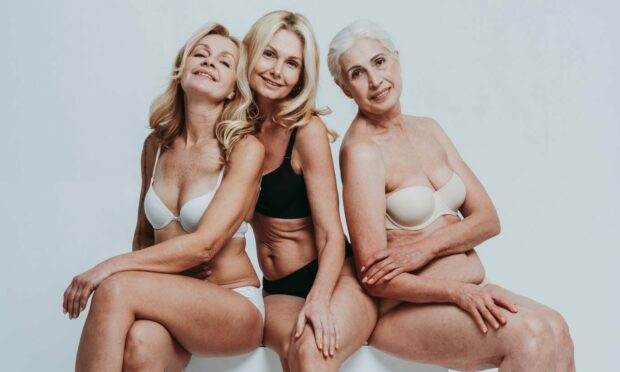
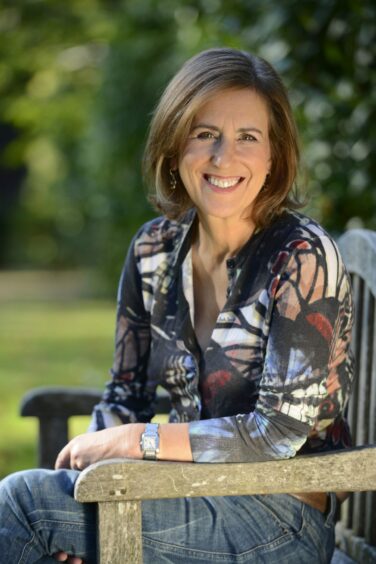
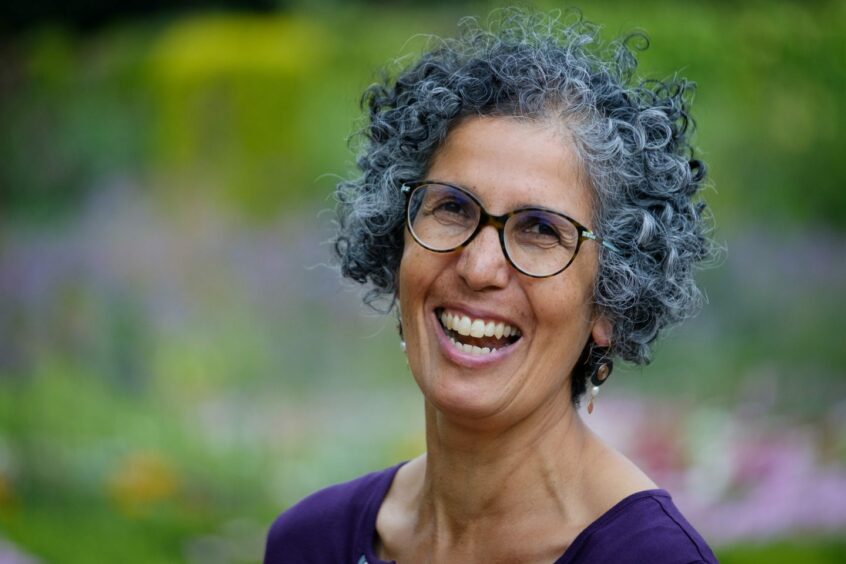
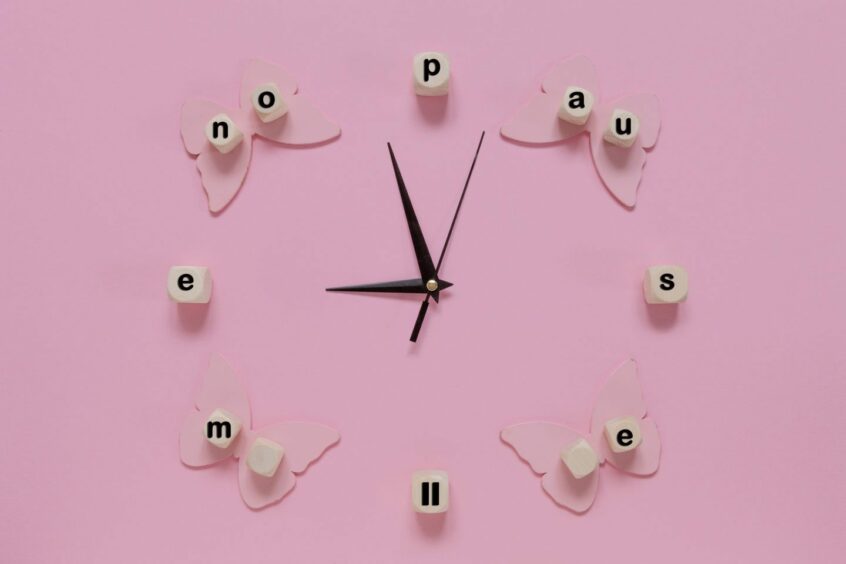
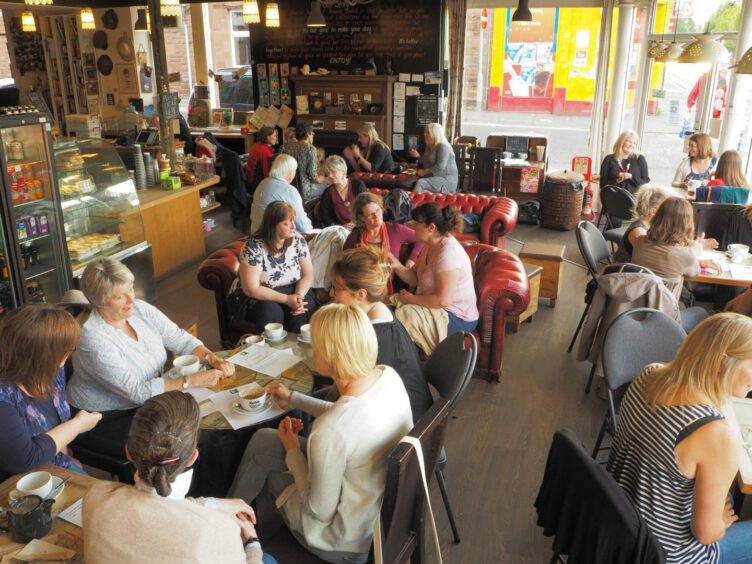
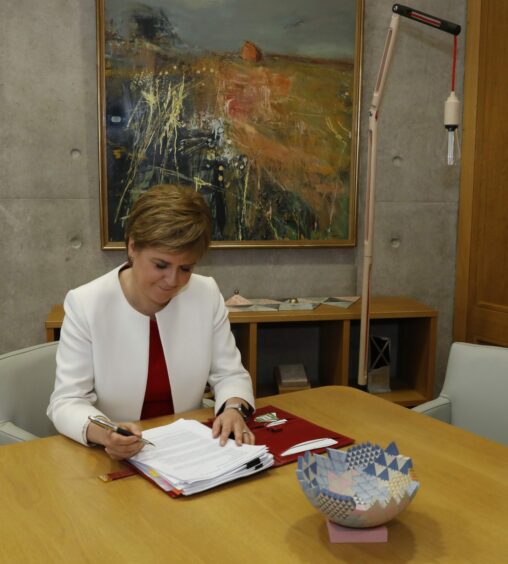
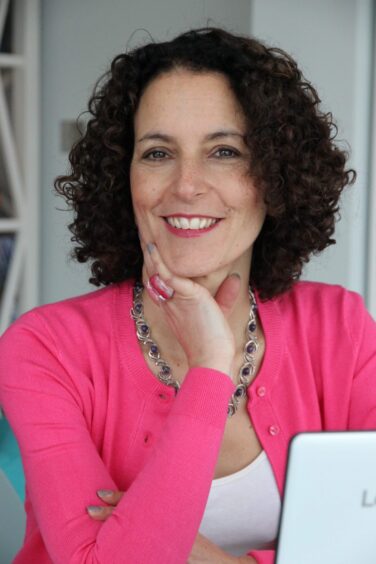
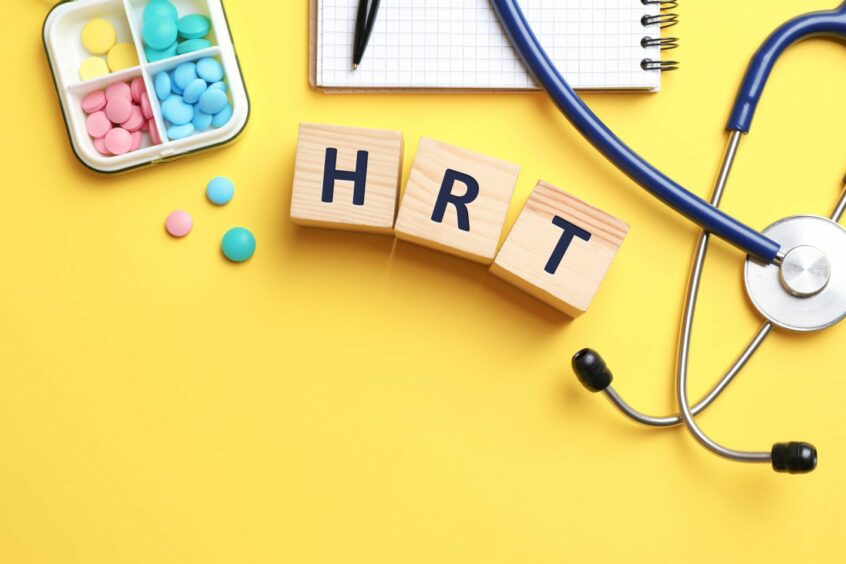
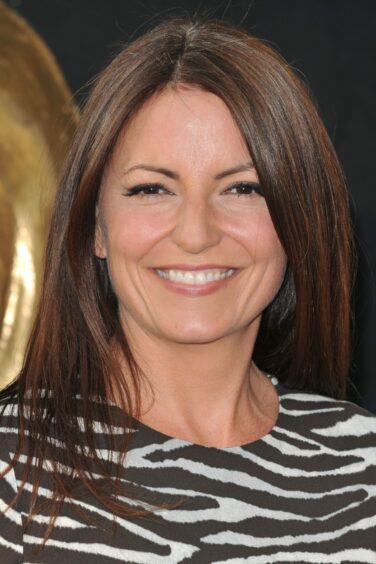
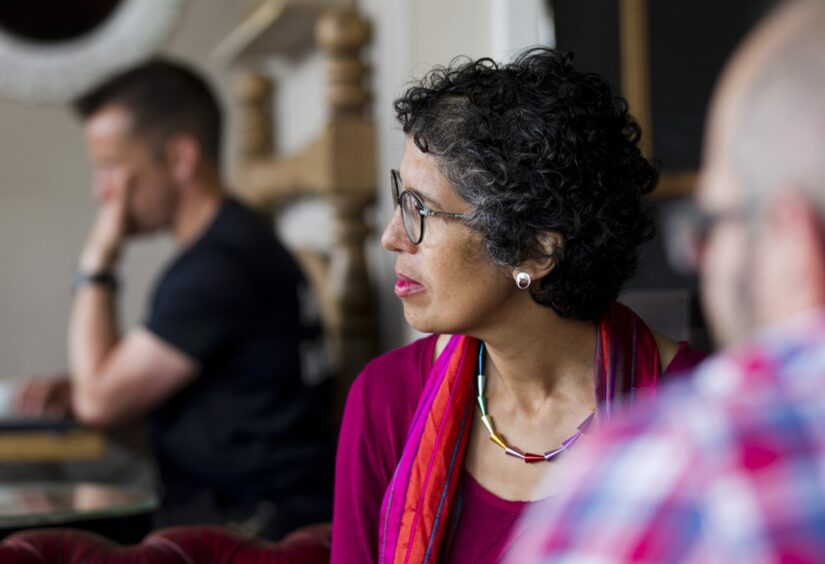

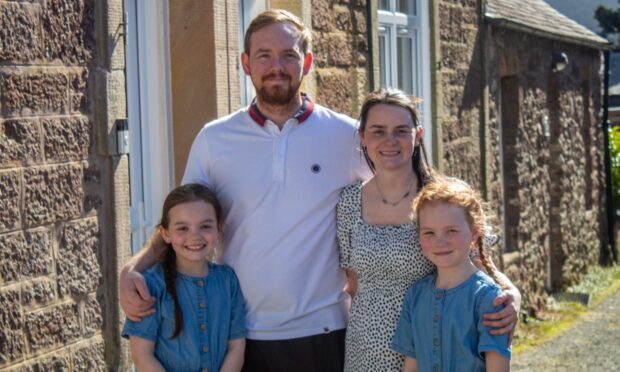
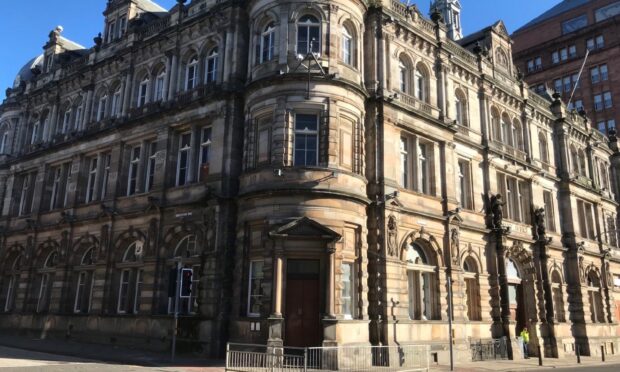
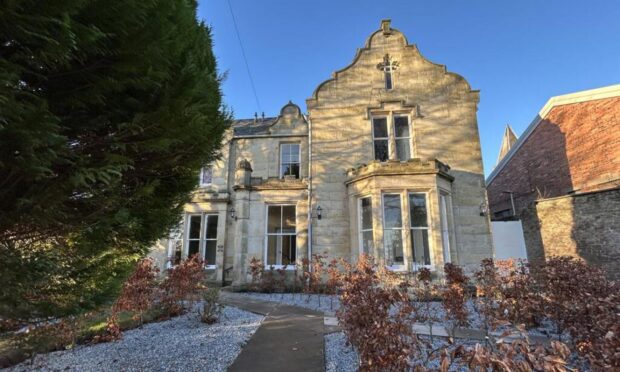



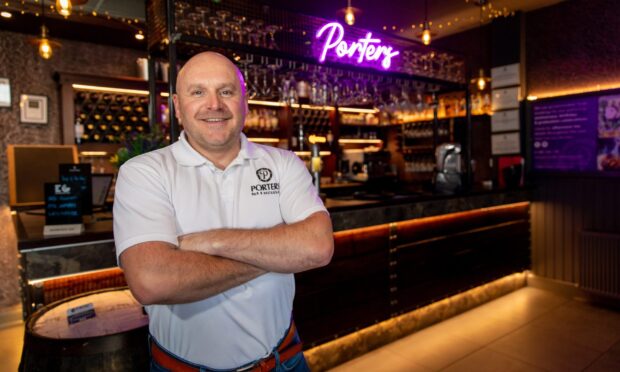
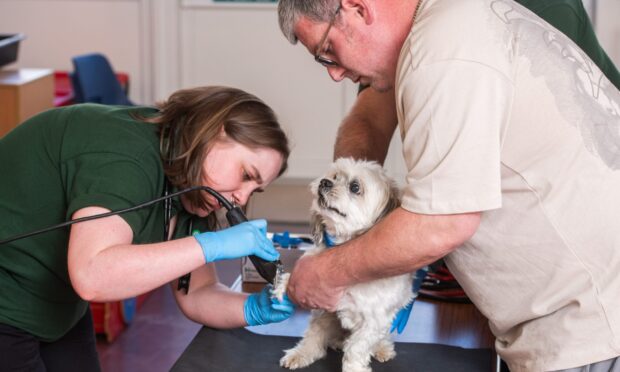
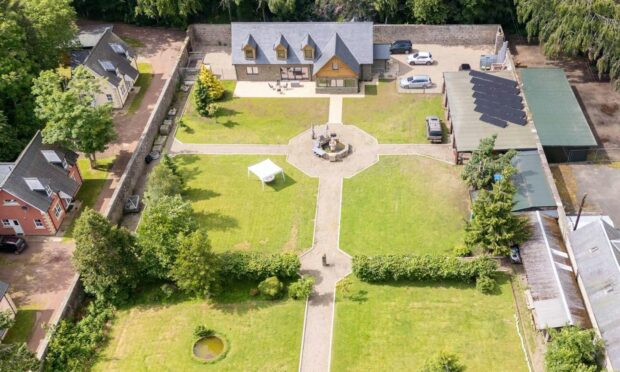
Conversation